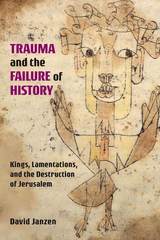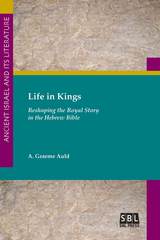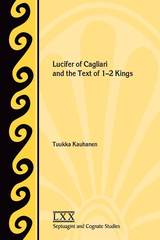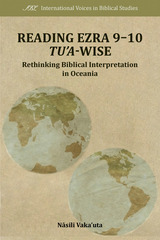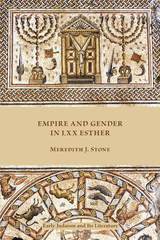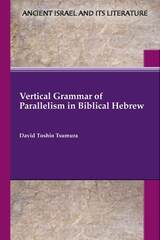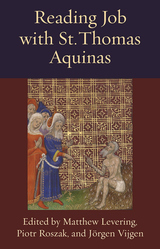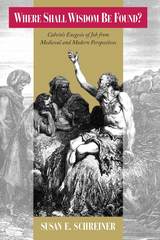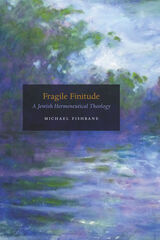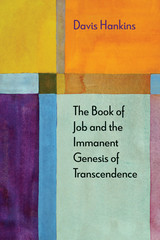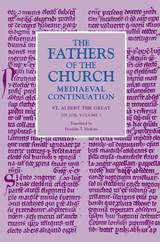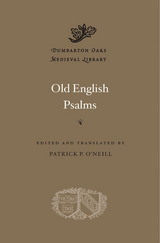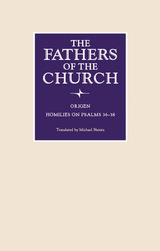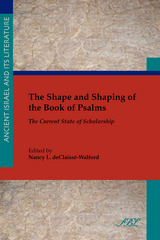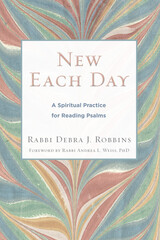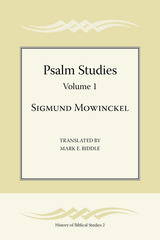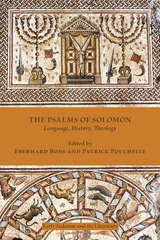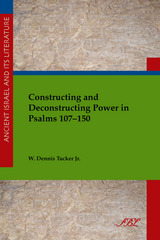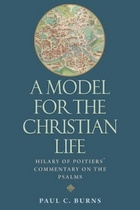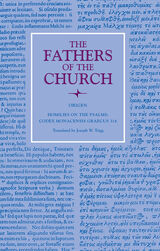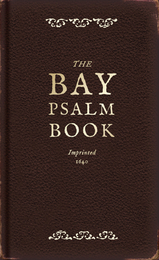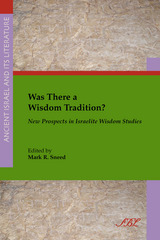Paper: 978-0-674-02597-4
Library of Congress Classification BS1415.6.C73S55 2008
Dewey Decimal Classification 223.106
The book of Job is a complex, sophisticated treatment of the problem of undeserved suffering. It is also a sustained meditation on creation, on humanity’s place in creation, and on God’s ordering of creation. In this study, Kathryn Schifferdecker offers a close literary and theological reading of the book of Job—particularly of the speeches of God at the end of the book—in order to articulate its creation theology, which is particularly pertinent in our environmentally-conscious age.
After all of Job’s agonized questioning, God’s answer does not directly address Job’s questions about undeserved suffering or divine justice. Instead, the divine speeches take Job on a God’s-eye tour of creation in all its beauty and complexity. In extraordinarily detailed and beautiful poetry, the divine speeches show Job that the world is radically non-anthropocentric, that there exist wild places and animals whose value has nothing to do with their usefulness to humanity, and that God delights in the freedom of God’s creatures. This vision of the divine speeches enables Job to move out of despair into renewed participation in God’s often-dangerous but beautiful world.
This creation theology of Job, virtually unique in the Bible, has much to say to us today, as we struggle theologically and politically with the issues of environmental degradation and humanity’s relationship to the natural world.
See other books on: Biblical Commentary | Biblical teaching | Creation | Job | Out
See other titles from Harvard University Press

